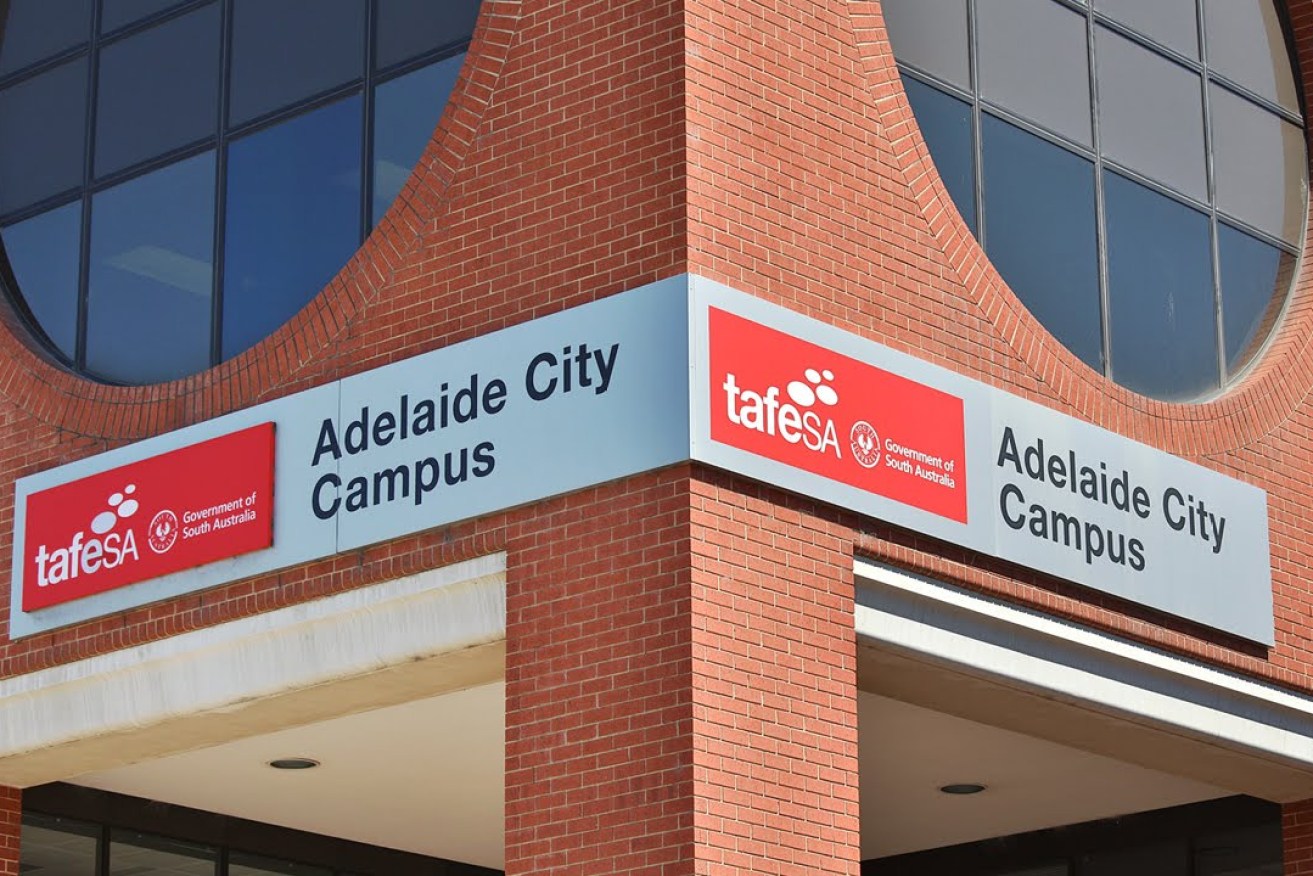TAFE’s failures multiplied in the dark
South Australia’s TAFE fiasco shows what can go wrong when institutions aren’t subjected to outside scrutiny, writes economics commentator Richard Blandy.


Photo: Tony Lewis/InDaily
The TAFE SA training fiasco is a tragedy for South Australians. It is hard to see how South Australians can prosper if they lack the necessary skills to allow them to prosper in a competitive world.
It would be a bold step to believe that the training incompetence found in every one of the randomly-chosen sample of 16 courses audited by the Australian Skills Quality Authority did not extend to most courses. Fourteen of these randomly-chosen courses were so bad that ASQA actually suspended future enrolments in them.
ASQA is now considering a broader audit of TAFE SA courses. So it should. The audit process suggests that many TAFE SA courses are inadequate.
This disaster happened after the South Australian Government transferred much of its financial support away from private sector suppliers in 2015 in order to give TAFE SA a dominant role in the training sector.
The fiasco was revealed at the end of a week in which we discovered that South Australian Year 3 schoolchildren’s reading comprehension had fallen to equal bottom, with schoolchildren in the Northern Territory, among all the states and territories – and fallen a long way down the lists in comparison with many overseas countries, including a number of our Asian neighbours.
When I was first appointed to the three-year-old Flinders University in 1969, there was, understandably, a concern that this newly-fledged institution should uphold the standards that were expected of Australian universities.
In economics, which was the discipline where I was appointed, the following steps were undertaken to assure ourselves and the outside world that we maintained proper standards.
First, no academic could teach a course on their own. One had to share responsibility for courses with at least one other person who, naturally enough, was interested in the appropriateness and quality of what the other person was doing.
Second, the Professor (and Head of the Discipline) randomly attended classes.
Third, all courses included closed-book examinations, which were often multiple-marked in the core courses. Staff members reread the papers of borderline failing students. On occasions, as many as half of our students in Economics 1 failed to pass. As a consequence, the pass rates in Economics 2 and 3 were high.
We felt that if a student passed Economics 1 they should be able to assume that they could graduate with an Economics Degree in approximately the minimum time required. Otherwise, it was unfair and a waste of their time to give struggling students a pass in Economics 1 knowing that they would most likely fail at more advanced levels.
Fourth, we taught some courses in Economics at the University of Adelaide and vice-versa, and we shared a regular weekly staff seminar with members of the Economics Department at the University of Adelaide. Our Honours (Fourth Year) course was offered jointly with the University of Adelaide’s Economics Department. We used external examiners who read every thesis and a sample of the written examination papers.
Fifth, we had regular public and private reviews of our activities – both teaching and research – by senior academic economists from other Australian universities.
The thing is, we knew how easy it was to get standards and curriculum wrong – being too soft or too hard, or too far removed from mainstream emphasis. What we did to minimise these risks was educationally professional, in my opinion.
Our graduates were snapped up by employers in contrast with some of those from other new universities. Because our standards were high, we had no trouble in attracting high-quality staff. By the early 1970s, Flinders was accepted as having one of the best economics departments in Australia.
Clearly, TAFE SA did not have sufficient quality assurance systems in place, including outside scrutiny, to ensure that no fiasco could develop. To be safe, as a general principle, one should stand in full light. Light is the greatest antiseptic.
The TAFE SA fiasco illustrates the arrogance as well as the incompetence of the Weatherill Government. We have been there, before, of course: Gillman, Families SA, Oakden, not bailing-out the Port Augusta Power Station, etc.
The model of government that many people have in their heads as a super-rational decision-making body is wrong. These powerful people are not subject to sufficient openness and constraint to produce the sort of government that people think they are getting. TAFE SA provides a classic illustration of this fact.
Competition in the marketplace between enterprises is a much better (and more power-constraining) process for producing good results for the whole community than having the government do something. The TAFE disaster demonstrates this fact, again.
Richard Blandy is an Adjunct Professor of Economics at the University of South Australia, an Emeritus Professor of Economics at Flinders University, and a regular contributor to InDaily.




